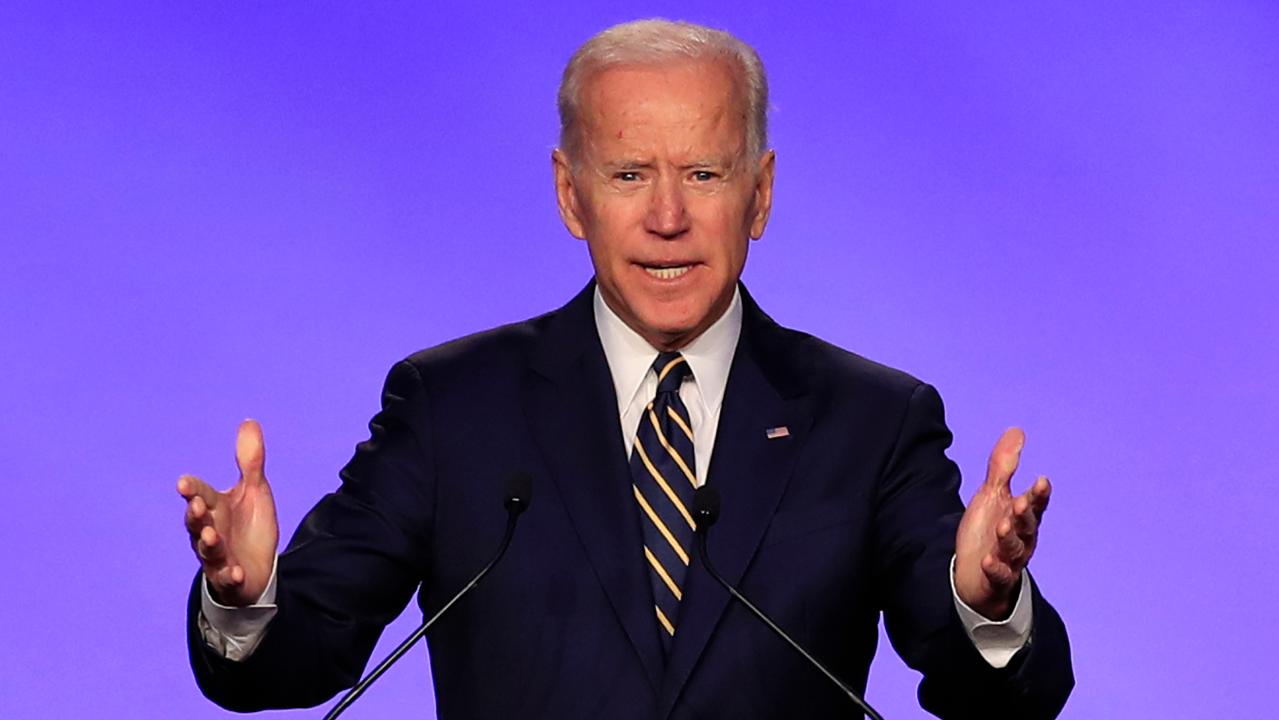Trump vs. Biden on unions: It is really about leaders vs. members
This week President Trump and former Vice President Joe Biden got in a Twitter tit for tat over unions.
The president tweeted he would never get the support of union leadership and that they were “rip[ing]-off their membership with ridiculously high dues, medical and other expenses while being paid a fortune.” He continued, “But the members love Trump.”
The former vice president and 2020 Democratic presidential hopeful shot back that the president was “badmouthing unions.”
However, the president wasn’t going after unions but instead was reminding us that the leadership is out of touch with many of their members. Nothing makes that clearer than looking at union political spending.
Data recently compiled by the website publicunionfacts.com reveals that public sector unions spent $1.5 billion over the last two decades to fund political candidates and causes. If there were ever any doubt which party public unions have been backing, the distribution of money by party should settle that score, with 90 percent going to Democrats and 10 percent going to Republicans.
What about the millions of workers these unions represent? Are they all Democrats, thrilled with how their member dues are being spent?
The partisan advantage for Democrats is not nearly as large as union leaders would like to admit. An Election Day survey conducted in 2018 by the independent NORC at the University of Chicago showed that 40 percent of union members voted Republican in the midterm election. The Pew Research Center confirmed those findings with its own polling data showing that self-identified union members are just as likely to support a Republican for office as a Democrat.
The 2016 election showed President Donald Trump closing the gap with union households. In 2012, President Barack Obama won union households nationally by 18 percent while Hillary Clinton led Trump in those same households by only 9 percent in 2016, according to exit polls conducted by Edison Research.
This was an embarrassingly slim margin for what has always been assumed to be a sure voting block for the Democratic candidate. Three years later, after a lot of wound-licking and the benefit of 20-20 hindsight, unions have acknowledged that — as the AFL-CIO’s former political director Steve Rosenthal put it — “there was a collapse of union support."
Still it is doubtful that unions will listen to their members and support candidates and positions across the ideological spectrum. But time will tell.
“There will be no early endorsement of any of the candidates who have announced,” Lee Saunders, chair of the AFL-CIO’s political committee, recently told People’s World.
CLICK HERE TO GET THE FOX BUSINESS APP
This might sound like a noble attempt to extend an olive branch to a segment of members who were ignored last election cycle. But Saunders was of course talking about holding off an endorsement in the Democratic primary, and not about listening to their many members who may vote Republican.
F. Vincent Vernuccio is a senior fellow at the Mackinac Center for Public Policy.




















